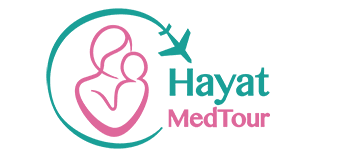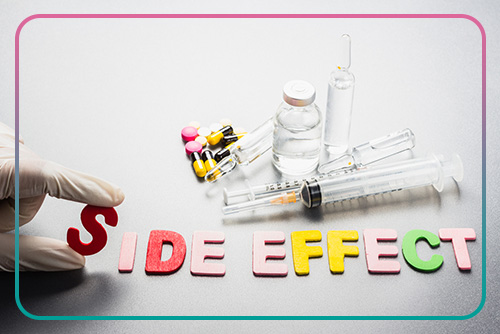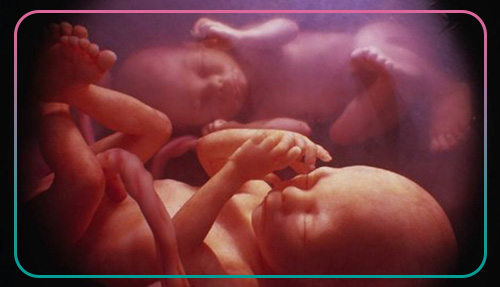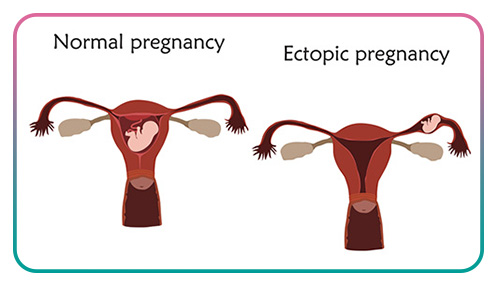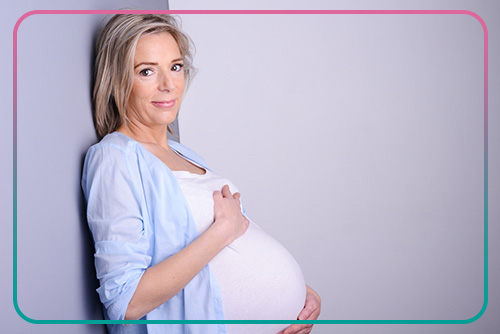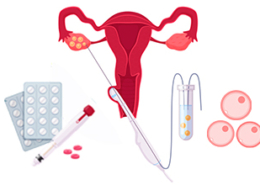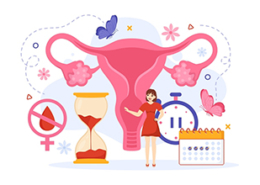Risks of IVF
Scientific advances in recent decades have led to the use of various methods to treat infertility.
One of the most common methods of infertility treatment is IVF, which is used to treat a wide range of infertility problems and causes. In addition, the success rate of IVF treatment has led many couples who suffer from infertility to hope to have a healthy child.
However, it should be noted that any treatment may have risks. Therefore, before starting the IVF process, it is important to be aware of the issues that may occur during the treatment process. Therefore Risks of IVF is a matter that you should aware of it.
The following are the main risks of using the IVF method.
Side effects of IVF medications
To stimulate ovulation in women, medications are prescribed by a specialist in the IVF process. These drugs help the ovaries produce more eggs for fertilization in the IVF process. Some women are allergic to drugs used during IVF treatment. Of course, most of the side effects of medications are mild.
IVF drugs side effects can include:
- Hot flashes
- Headache
- Irritability and mood swings
- Restlessness
- Flatulence
- Ovarian hyper stimulation syndrome (this is very rare)
If you notice any of these complications during treatment for infertility, you should contact your clinic and doctor for advice on how to improve them.
Multiple pregnancies as a risk of IVF
In the IVF process, more than one fetus is generally transferred to the mother’s uterus to increase the chances of pregnancy. Therefore, the risk of twin or multiple pregnancies increases. Having twin or multiple children may not seem like a bad thing at all, but it should be noted that twin or multiple pregnancies can increase the risk of some complications in infants and mothers.
Risks of multiple pregnancies included:
- Maternal high blood pressure during pregnancy
- the occurrence of gestational diabetes in the mother
- Maternal anemia and severe bleeding
- Abortion
- Need a cesarean section
- Possibility of premature birth
- Low birth weight babies
In order to reduce the multiple pregnancies in IVF treatment, doctors recommend that more than one fetus be transferred to women over the age of 40 years alone. They also recommend that in younger women, more than one embryo be transferred if the embryos produced in the IVF process are not of high quality.
Ovarian hyperstimulation syndrome
Ovarian hyperstimulation syndrome (OHSS) is a rare complication of the IVF treatment process. This complication may occur in women who are allergic to ovulation-stimulating drugs. The use of these drugs causes the ovaries to produce more eggs, which in some women causes the ovaries to swell and become painful. OHSS usually occurs one week after ovulation.
Symptoms of ovarian hyperstimulation syndrome include:
- Pain and bloating in the abdomen
- Feeling tired and sick
- Shortness of breath
- Weakness
- Feeling nauseous and vomiting
- Sudden weight gain
- Sensitivity to touch in the ovarian region
Although this complication is rare, severe cases of the syndrome can be dangerous. If you have any of these symptoms, you should contact your clinic and doctor as soon as possible. To eliminate the side effects of OHSS, you may need to cancel your current treatment cycle and, with your doctor’s advice, start another treatment cycle with a lower dose of fertility drugs.
Complications of egg collection from the ovaries
If the egg is not retrieved by experienced and specialized people, the use of a special needle to collect the eggs may cause bleeding, infection, or damage to the intestines, bladder, or blood vessels. Therefore, you should follow your IVF treatment in reputable treatment centers by specialized and expert physicians. (Learn more about best fertility clinics in Iran: fertility clinics in Iran)
Risk of Ectopic Pregnancy in IVF
Ectopic Pregnancy is one of the risks of IVF. using IVF to treat infertility can slightly increase the risk of ectopic pregnancy. In an ectopic pregnancy, the fetus is placed in the fallopian tubes (the tubes that connect the eggs to the uterus) instead of in the uterus. The fertilized egg cannot continue to grow outside the uterus. Therefore, if there is an ectopic pregnancy, there is no way to continue the pregnancy.
An ectopic pregnancy can cause pain in the abdomen, followed by vaginal bleeding or dark discharge from the vagina. Therefore, if you have vaginal bleeding or abdominal pain after IVF and a positive pregnancy test, tell your doctor.
If your pregnancy test is positive after IVF, it is best to have a scan in the sixth week to make sure the fetus is growing properly and that your pregnancy is normal.
Stress
Stress and emotional problems are side effects that may be seen in couples who are trying to treat infertility. These problems are especially common when infertility treatment is unsuccessful. The support of family and friends, and the use of counselors’ guidance, can greatly help infertile couples in the ups and downs of infertility treatment. (learn more about causes of IVF failure: Causes of IVF failure)
Risks of IVF in older women
IVF is more likely to be successful in women under the age of 40 years. Because at the age of 40, the eggs have better quality and the chances of fertility and implantation in the uterus increase. As women get older, their chances of success in IVF not only decrease, some risks of IVF such as miscarriage and birth defects are also increased. learn more about how to increase your chances of IVF success: ۱۱ Tips to Increase Your Chances of IVF Success
This may worry you. But don’t worry. These are the risks of IVF treatment and even many other infertility treatments that are unlikely to occur. But you should be aware of them before treatment. Don’t worry and try to have a healthy child from today.
For more information on different infertility treatments, see the Infertility Treatment page. And if you need expert advice, you can get free advice from a Hayat specialist.
